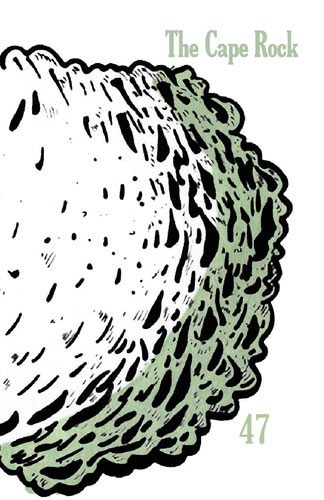 It only takes looking at some of the poem titles in The Cape Rock #47 to get that this slim volume published out of Southeast Missouri State University is poetry by and for the people: “Dad’s Skoal Can” and “Song of the Opossum” by January Pearson; “Toilet Cubicle” by Steve Denehan; “Trimming My Father’s Toenails” by Cecil Sayre; “Long Distance Dating for the Elderly” by Mark Rubin. Not meaning to be dismissive in perhaps attributing these works as common, the craft and skill exhibited in them speaks to the draw of the publication and the selective capabilities of a strong editorial staff.
It only takes looking at some of the poem titles in The Cape Rock #47 to get that this slim volume published out of Southeast Missouri State University is poetry by and for the people: “Dad’s Skoal Can” and “Song of the Opossum” by January Pearson; “Toilet Cubicle” by Steve Denehan; “Trimming My Father’s Toenails” by Cecil Sayre; “Long Distance Dating for the Elderly” by Mark Rubin. Not meaning to be dismissive in perhaps attributing these works as common, the craft and skill exhibited in them speaks to the draw of the publication and the selective capabilities of a strong editorial staff.
There are many single stunning contributions: Danielle Hanson’s poem titled “How to Tell This Wilted Dogwood Petal From Starlight” continues “Both have fallen from some level of sky. / Lay down and let’s discuss this rationally.” commanding the reader’s experience of the tangible and intangible; the three lines of “Years Later” by Ryan Pickney will leave readers speechless; Jeff Hardin’s “This Only Place” examines a series of moments under the poet’s microscope, opening, “This easy weightlessness along the earth I owe / to having heard the heron‘s wings the moment / it alighted then decided otherwise and lifted off.”
Offering multiple poems by individual writers is a welcome attribute, and the closing four by Claire Scott exemplify the ability of many of the poets included to manage a range of subject and style. Her poignant “At Eighty” reads at a bit of a romp thanks to line breaks like:
webs stitched
with tar
nished moments
emptied
of light
spun with mum
bled strands
of prayer to
missing gods
shape
less days
At 86 pages, 43 poets, 69 poems: The Cape Rock is a venerable journal of poetry that both makes connections and distinctions.
Review by Denise Hill

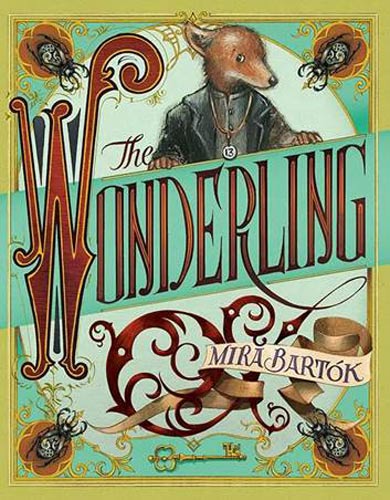 “Have you been unexpectedly burdened by a recently orphaned or unclaimed creature? Worry not! We have just the solution for you!” Welcome to the Home for Wayward and Misbegotten Creatures!
“Have you been unexpectedly burdened by a recently orphaned or unclaimed creature? Worry not! We have just the solution for you!” Welcome to the Home for Wayward and Misbegotten Creatures!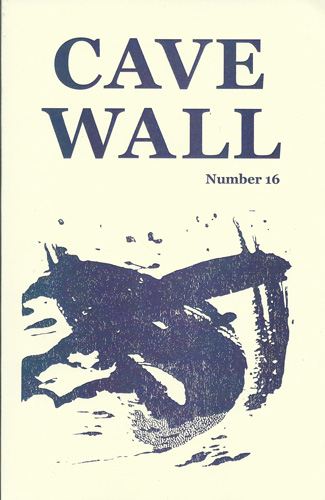 Cave Wall
Cave Wall It was the illustration by
It was the illustration by 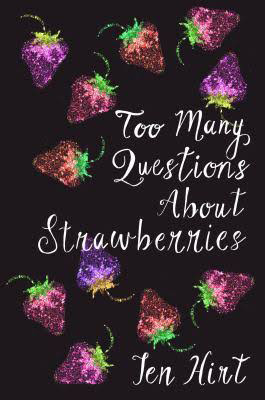 Brandi Pischke
Brandi Pischke There’s still a lot of summer left and many books titles to enjoy from
There’s still a lot of summer left and many books titles to enjoy from  The Summer 2019 issue of
The Summer 2019 issue of 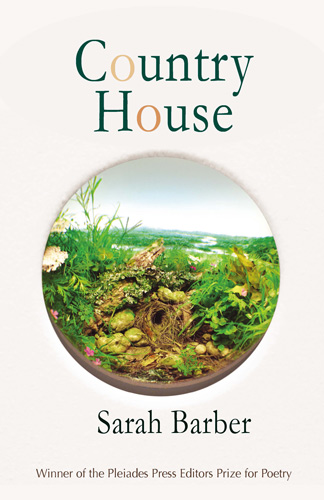 Knowing you can no longer build
Knowing you can no longer build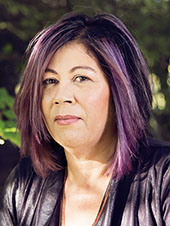 2018 Constance Rooke Creative Nonfiction Prize
2018 Constance Rooke Creative Nonfiction Prize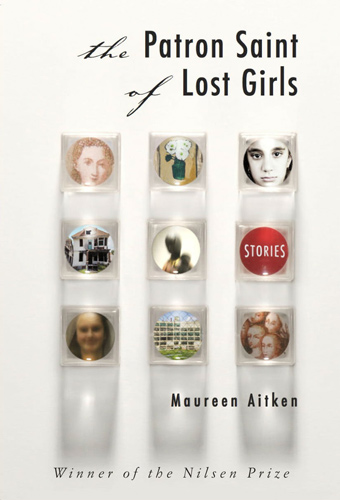 Maureen Aitken’s linked short stories,
Maureen Aitken’s linked short stories, 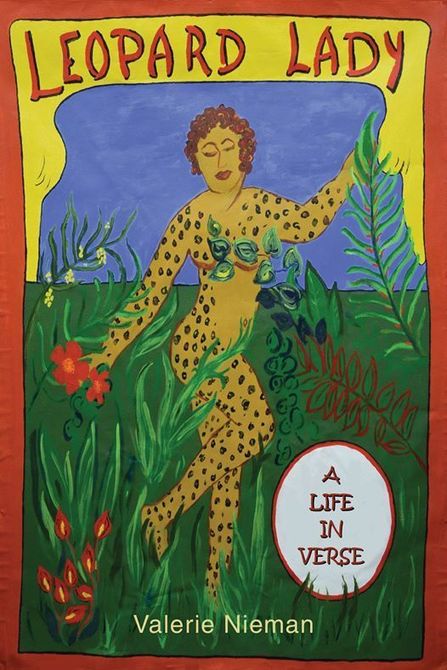 Valerie Nieman
Valerie Nieman In his Spring 2019 “Welcome Readers” section, founder and editor M. Scott Douglass explains his plan to “retire from editing”
In his Spring 2019 “Welcome Readers” section, founder and editor M. Scott Douglass explains his plan to “retire from editing” 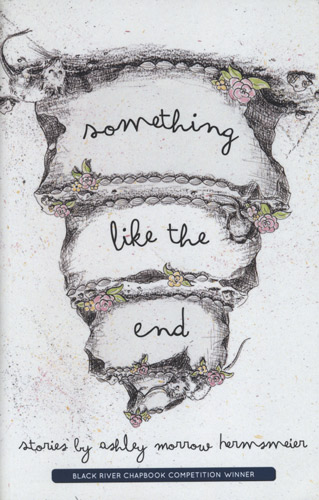 Ashley Morrow Hermsmeier
Ashley Morrow Hermsmeier Winner
Winner As
As 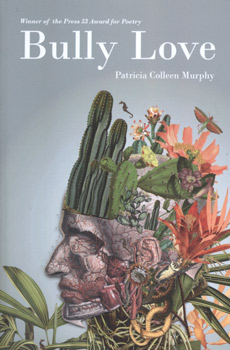 National Poetry Month may have ended in April, but you can keep the festivities kicking by checking out poetry contest winners published last month.
National Poetry Month may have ended in April, but you can keep the festivities kicking by checking out poetry contest winners published last month.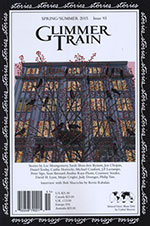 In the Spring/Summer 2019 issue of
In the Spring/Summer 2019 issue of  In 2016, Peter Stitt, founding editor of
In 2016, Peter Stitt, founding editor of 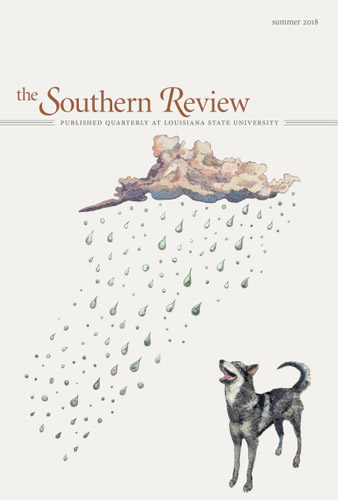 Sitting on the shelf of my university library, the Summer 2018 issue of
Sitting on the shelf of my university library, the Summer 2018 issue of 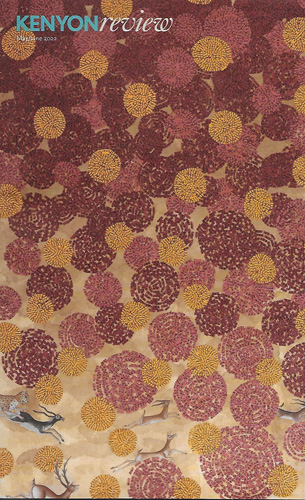 Kenyon Review
Kenyon Review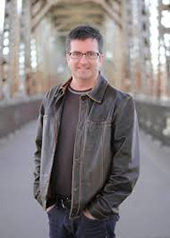 First Prize $1000
First Prize $1000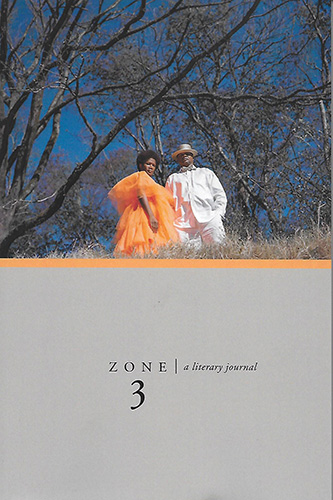 “Mixed Drinks” in
“Mixed Drinks” in  Winner of
Winner of 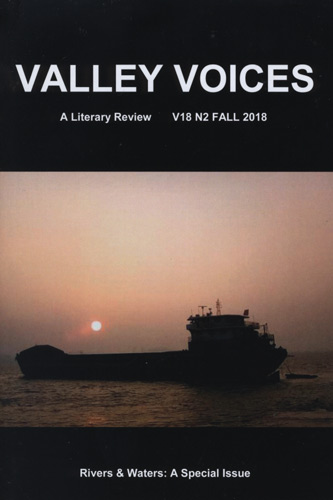 As John Zheng shares in his introduction to the Fall 2018 “Rivers and Waters” issue of
As John Zheng shares in his introduction to the Fall 2018 “Rivers and Waters” issue of 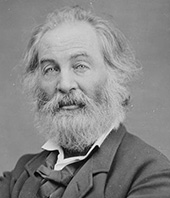 A great idea to celebrate the 200th birthday of Walt Whitman,
A great idea to celebrate the 200th birthday of Walt Whitman,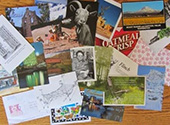 Now in its 13th LUCKY year, the
Now in its 13th LUCKY year, the 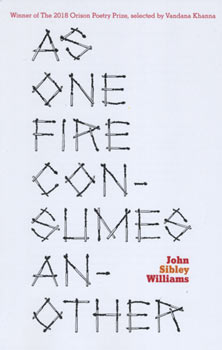 The Winner of the 2018 Orison Poetry Prize was published earlier this month, and readers can now find As One Fire Consumes Another by John Sibley Williams at the
The Winner of the 2018 Orison Poetry Prize was published earlier this month, and readers can now find As One Fire Consumes Another by John Sibley Williams at the 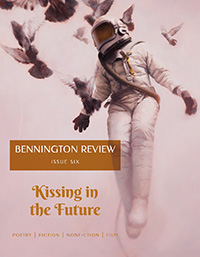
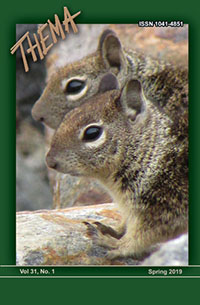
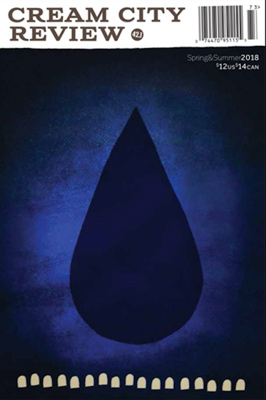
 A novel idea indeed, but also one that is deeply appreciated as a model approach to genre storytelling. The editors comment on the larger issue behind creating this prize: “While women in the real world are fighting sexual abuse and violence, being harassed, assaulted and raped, or being murdered because they’re women, the casual and endless depiction of females as victims or prey sits uneasily alongside their fight. Real rape survivors struggle to be heard, counted and believed, under-reporting is rife, partly because victims fear being torn apart in court, and prosecutions continually fail. Meanwhile, in popular culture, women are endlessly cast as victims of stalking, abduction, rape and murder, for entertainment.”
A novel idea indeed, but also one that is deeply appreciated as a model approach to genre storytelling. The editors comment on the larger issue behind creating this prize: “While women in the real world are fighting sexual abuse and violence, being harassed, assaulted and raped, or being murdered because they’re women, the casual and endless depiction of females as victims or prey sits uneasily alongside their fight. Real rape survivors struggle to be heard, counted and believed, under-reporting is rife, partly because victims fear being torn apart in court, and prosecutions continually fail. Meanwhile, in popular culture, women are endlessly cast as victims of stalking, abduction, rape and murder, for entertainment.” First Place
First Place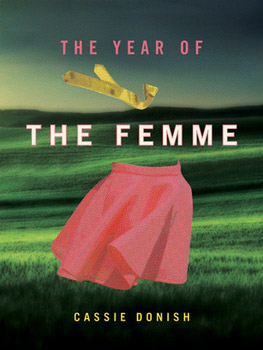 Founded in 1990, the Iowa Poetry Prize is awarded for a book-length collection of poems each year.
Founded in 1990, the Iowa Poetry Prize is awarded for a book-length collection of poems each year. Monmouth University has announced a new way for students to earn a degree. The
Monmouth University has announced a new way for students to earn a degree. The 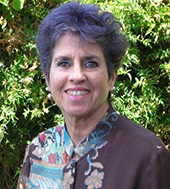 Winner
Winner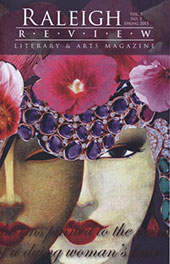 With its Spring 2019 issue,
With its Spring 2019 issue, 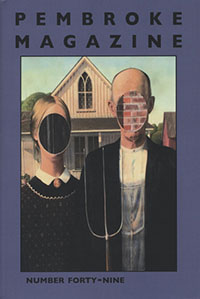
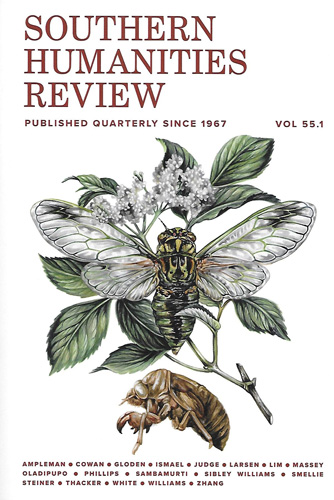
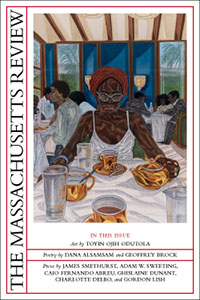
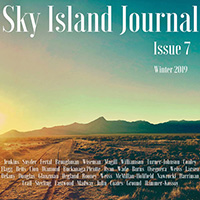 Jason Splichal, Founder and Co-Editor-in-Chief of
Jason Splichal, Founder and Co-Editor-in-Chief of  First Place
First Place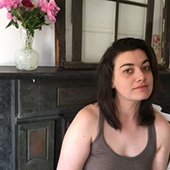 Produced within the
Produced within the  “Etymology of a Mood” by Ama Codjoe won
“Etymology of a Mood” by Ama Codjoe won 
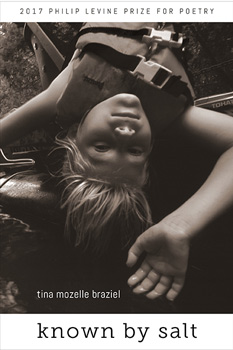 In January, Anhinga Press released the winner of their
In January, Anhinga Press released the winner of their 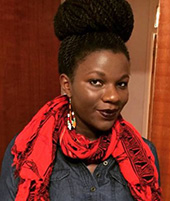 Flash Prose
Flash Prose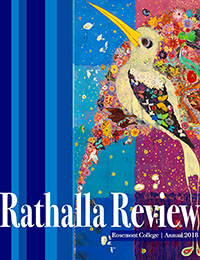
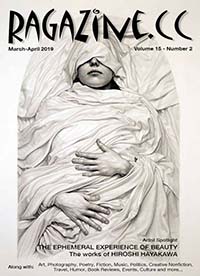
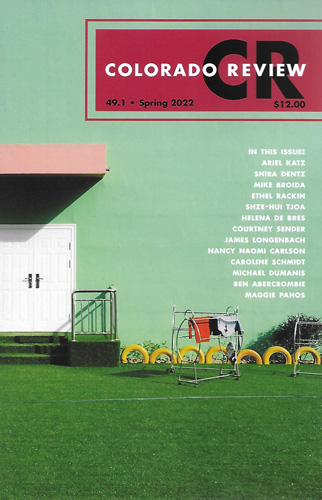 Recent posts include:
Recent posts include: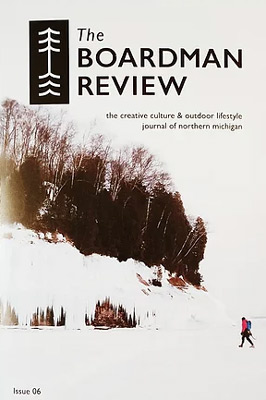 If your interest is in the outdoors as well as the arts, something fresh and new,
If your interest is in the outdoors as well as the arts, something fresh and new,